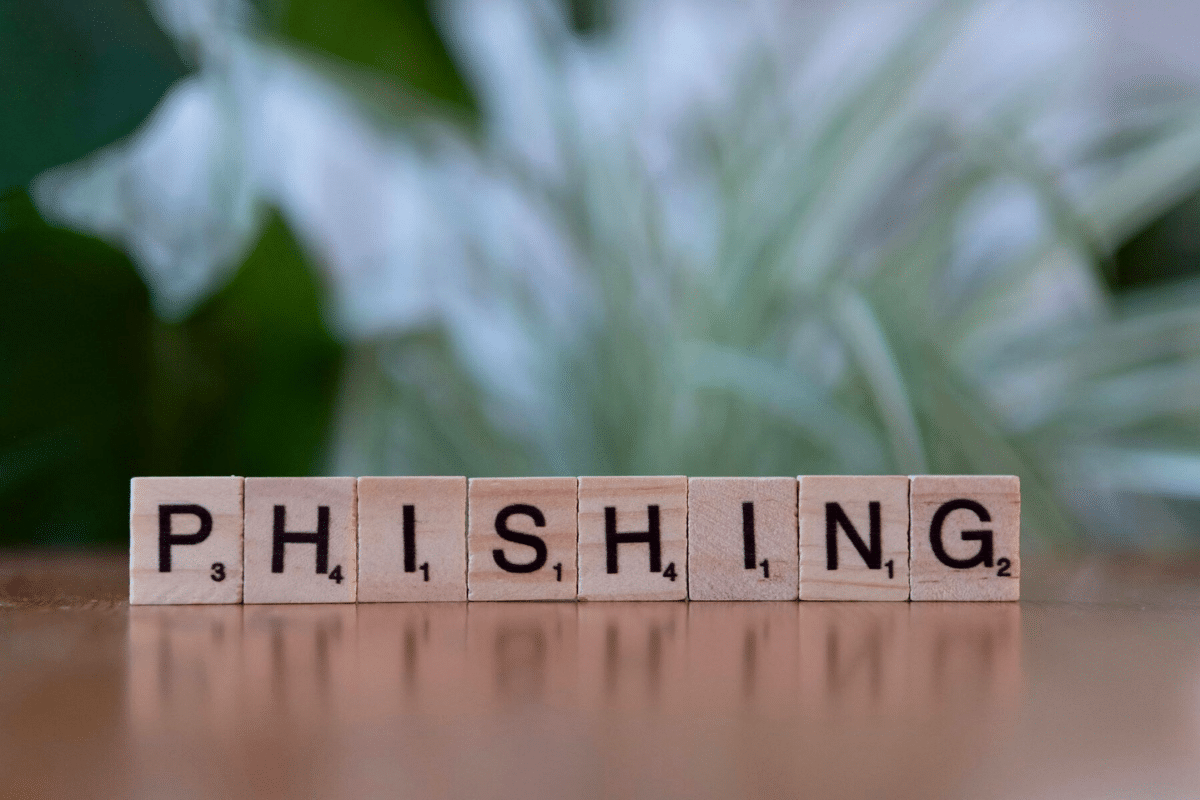In 2025, Americans born in 1960 are reaching age 65, a milestone that for decades…
The Social Security Administration (SSA) has made numerous improvements to its Supplemental Security Income (SSI) program. These changes will make things a bit easier for SSI applicants as well as current recipients.
What Is Supplemental Security Income?

The SSI benefit is intended to assist individuals in paying for basic needs, such as food and medicine. However, any unearned income that an SSI enrollee receives in any given month could put their benefits at risk – either reducing or even eliminating them altogether. The rules can quickly become complicated, so anyone seeking to apply for SSI should consider partnering with a special needs planning attorney who is familiar with the ins and outs of the program.
The Latest Changes to SSI
1. “Free food” no longer counts as unearned income for SSI recipients.
One of the recent major shifts in the SSI rules concerns food. Historically, the SSA counted “free food” as part of an SSI recipient’s unearned income. Gifting someone who relies on SSI benefits a grocery store gift card or a bag of groceries or taking them out for a meal at a restaurant could end up negatively impacting them under the SSA’s “in-kind support and maintenance” rules.
Thankfully, this rule ended as of September 30, 2024.
2. SSI benefits will not automatically be reduced for all SSI recipients paying less than current market value for their housing.
Also as of September 30, 2024, the SSA changed its rental subsidy program for SSI. In essence, this update seeks to standardize the rules for all SSI recipients nationwide regarding the SSA’s rental subsidy exceptions. The SSA estimates that the policy update will not only make thousands of people newly eligible for SSI every year but may also result in an uptick in monthly SSI benefits for many current recipients.
3. The definition of “public assistance household” has expanded.
The way the SSA defines “public assistance households” has undergone a shift, too. For instance, the SSA used to require all members of a household to be recipients of public assistance in order for the household to count as a public assistance household. As of September 30, 2024, this is no longer the case. The SSA states that this update will also help make more households eligible for SSI benefits and could boost benefit payments for some recipients.
4. The SSA will no longer withhold an SSI recipient’s whole monthly benefits check if they received an overpayment.
In the past, SSI recipients who may have mistakenly received more than their allocated monthly benefit – sometimes as a result of an error the SSA made – found themselves with a major cash-flow problem. The SSA would withhold 100 percent of a person’s monthly benefits until it had corrected for an overpayment. This led to some people losing their homes or the ability to keep up with their bills.
As of late March 2024, the SSA made a change to this policy as well. It now withholds just 10 percent (or $10 – whichever is greater) of benefits each month for overpayments.
If you would like to speak with an experienced elder law or special needs planning attorney regarding your situation or have questions about something you have read, please do not hesitate to contact our office at 1 (800) 680-1717. We look forward to the opportunity to work with you.
Disclaimer: The information provided above is for general informational purposes only and is not legal advice.




Comments (0)